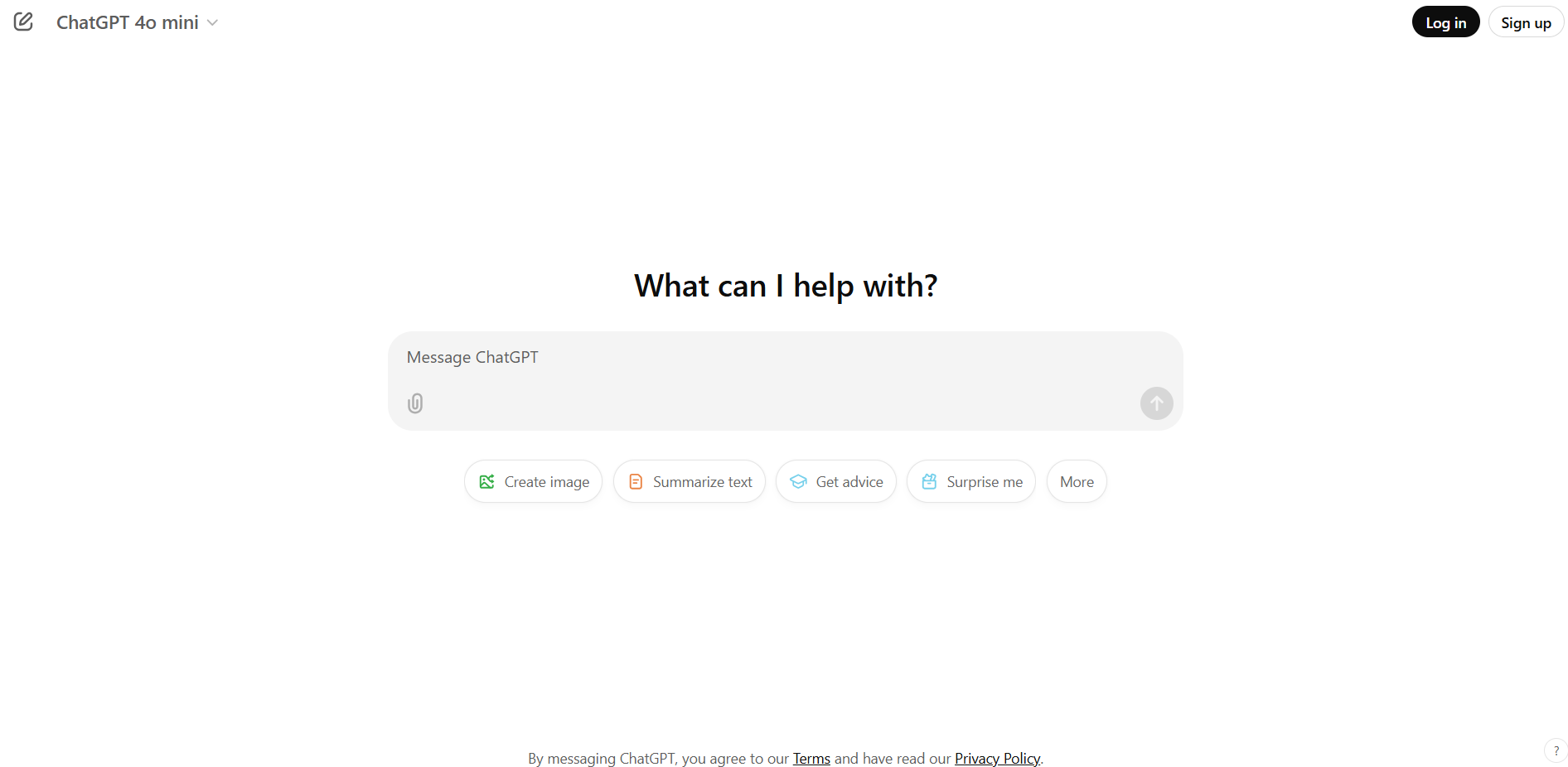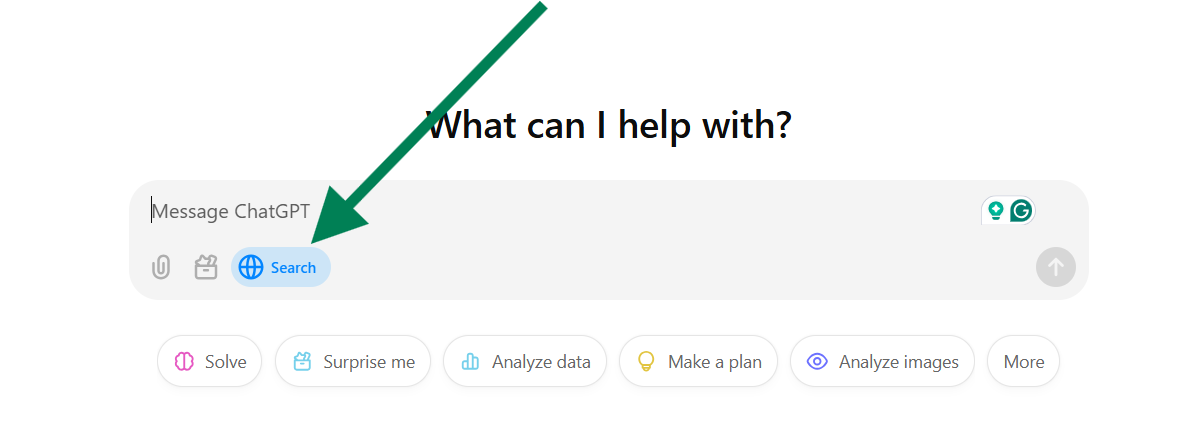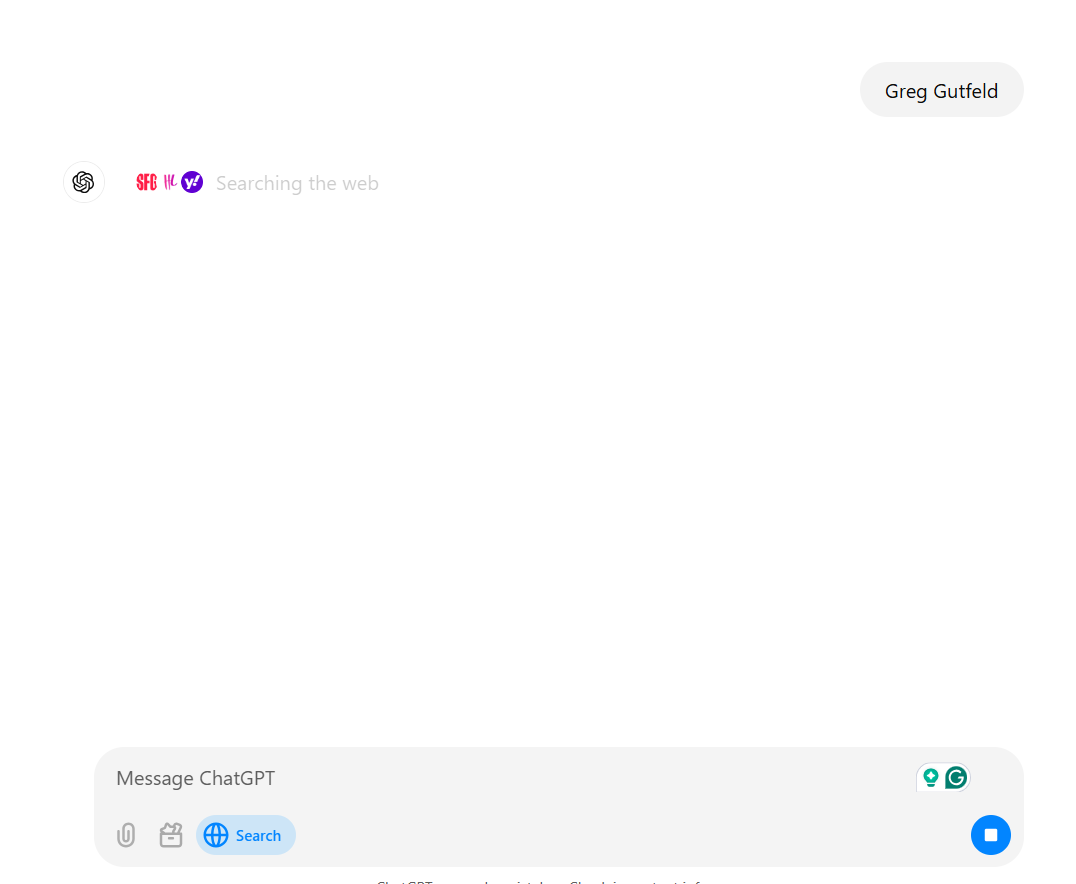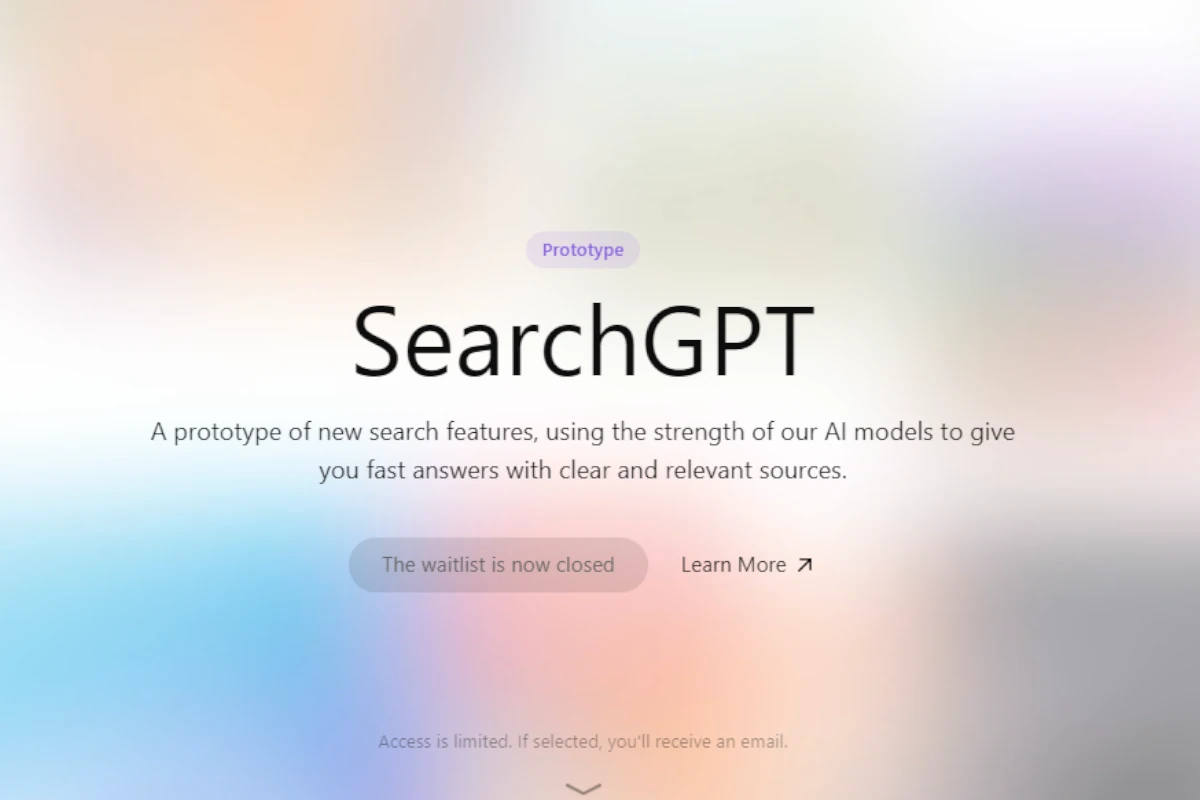OpenAI has launched its enhanced ChatGPT Search feature for all users (when logged in), intensifying competition with Google in the AI-driven search market. This development aligns with OpenAI’s goal of improving information accessibility and solidifying its market position. The expansion is seen as a significant advancement in online search, aiming for engaging user interactions while maintaining journalistic accuracy and reliability. The future of this initiative will reveal how OpenAI addresses the associated opportunities and challenges.

ChatGPT’s Search Engine: A New Competitor for Google?
ChatGPT’s Search Capabilities Expand
OpenAI has made ChatGPT’s search engine available to all users. This move puts ChatGPT in direct competition with established search engines like Google. This expansion changes how people might use AI for information.
How ChatGPT’s Search Works
ChatGPT’s search is different from traditional search engines. It uses a large language model. This model can understand and answer questions in a more conversational way. It can also give summaries of information. This is different from just showing a list of links.

Key Features of ChatGPT’s Search
ChatGPT’s search has some key features. It can give direct answers to questions. It can also provide context and explanations. It can even create different kinds of creative content. This makes it more than just a search engine. It is a tool for learning and creating.
Advantages of ChatGPT’s Search
ChatGPT’s search has some advantages. It can understand complex questions. It can give answers in natural language. It can also save users time by summarizing information. This can make research faster and easier. This is especially useful for complex topics.

Disadvantages of ChatGPT’s Search
There are also some disadvantages. ChatGPT’s answers are based on its training data. This data may not always be up to date. It can also sometimes give incorrect information. Users should always double-check important facts. Also, the conversational style may not be right for all searches.
How This Affects Google
ChatGPT’s expanded search could affect Google. Google is the dominant search engine right now. ChatGPT offers a different way to search. Some users may prefer this new approach. This could lead to changes in the search market.
Comparing Search Options
It is important to compare different search options. Google is good for finding specific web pages. ChatGPT is good for getting summaries and explanations. Each tool has its strengths. Users should choose the tool that best fits their needs.
Questions You Might Have
Is ChatGPT’s search free?
ChatGPT offers both free and paid plans. Some search features may only be available on paid plans.
Can ChatGPT search the whole internet?
ChatGPT’s search is based on its training data. It may not have access to the entire internet in real-time. This is different from how Google works.
Will ChatGPT replace Google?
It is unlikely ChatGPT will completely replace Google. Both tools have different strengths. They will likely coexist in the search market.
Key Differences Between ChatGPT and Google
| Feature | ChatGPT | |
|---|---|---|
| Search Method | Large language model, conversational answers | Traditional search engine, list of links |
| Output | Summaries, explanations, creative content | Web pages, images, videos |
| Data Source | Training data | Live web index |
The Future of Search
ChatGPT’s entry into search shows how AI is changing how we find information. We may see more AI-powered search tools in the future. These tools could offer new ways to find and use information. This can change how we learn and work.
Short Summary:
- OpenAI’s ChatGPT Search feature is now accessible to all users, transitioning from a paid-only service.
- This innovative tool allows users to interact with real-time web data through a conversational format.
- The launch aims to compete directly with established search engines and introduces new partnerships with media outlets.
OpenAI, primarily recognized as an artificial intelligence company, is making significant strides into the search sector. The company has officially rolled out its much-anticipated ChatGPT Search feature to all users who are logged in. Initially available only to paying subscribers, this important enhancement aims to transform how users access and interact with information online. With this strategic move, OpenAI is positioning itself directly against Alphabet Inc.’s Google, intensifying competition in the AI-powered search space.
The launch was highlighted at an event where the company emphasized the transformative potential of this new feature, which is now integrated into its mobile applications and the web. Previously, only a select group of paid subscribers had access to the ChatGPT Search feature, but OpenAI’s latest announcement expands access to a broader audience. Users can now harness the power of ChatGPT to receive quick and relevant information without needing to navigate away from the chatbot interface. This shift is expected to alter the dynamics of online search, as conversational AI tools continue to gain popularity.
“We are convinced that AI search will be, in a near future and for the next generations, a primary way to access information,” mentioned Sam Altman, CEO of OpenAI, emphasizing the strategic direction of the company.
With this expansion, users can engage with ChatGPT in a more natural manner, posing questions such as “What activities can I do in Zurich before Christmas?” to receive verbal responses. This feature enhances user engagement, as it mimics a traditional conversational exchange, making search queries feel more intuitive and interactive.
AI Search Race Heats Up
The launch of ChatGPT Search follows a broader trend in the tech industry, where companies are racing to integrate AI capabilities into their search platforms. Google, for instance, significantly revamped its search services in May 2023 by incorporating AI-generated summaries at the top of search results, aiming to deliver immediate answers to user queries without the need for additional clicks.
During its transition, Google’s updates faced criticism, as users observed instances of misinformation and inaccuracies—issues that have been noted as major risks when relying solely on AI tools for accurate information retrieval. These challenges underscore the necessity for AI companies to establish partnerships with credible news organizations and data providers to ensure accurate information dissemination.
Echoing these concerns, the President of Vox Media, Pam Wasserstein, remarked, “ChatGPT search promises to better highlight and attribute information from trustworthy news sources, benefiting audiences while expanding the reach of publishers like ourselves who produce premium journalism.”
Innovative Features and Partnerships
The improved ChatGPT Search utilizes advanced AI algorithms, powered by OpenAI’s sophisticated GPT-4o model. This new model is designed to optimize user queries by interpreting them in context and delivering more precise answers. The feature also offers users links to relevant sources directly associated with their inquiries, a critical aspect for maintaining transparency and credibility in information sharing.
OpenAI’s commitment to including high-quality content is reflected in new partnerships with notable media entities such as The Associated Press, Reuters, Financial Times, and more. These alliances aim to bolster the richness of the search experience by integrating verified news and data into the chatbot’s responses.
Louis Dreyfus, CEO of Le Monde, stated, “It allows us to test innovations at an early stage while safeguarding journalism’s core values and integrity.”
Furthermore, the AI platform now encompasses various updates, including live sports scores, stock quotes, weather information, and breaking news—demonstrating its ambition to provide real-time information to users, thus minimizing delays in accessing crucial content.
Access and Future Enhancements
ChatGPT Search has rolled out on various platforms, including desktop and mobile apps, ensuring wide accessibility to users globally. Currently, ChatGPT Plus and Team members, as well as those on the SearchGPT waitlist, can access this feature, with plans for a more extensive rollout to enterprise and educational users in the coming weeks.
OpenAI anticipates making the search feature available to all free users within the next few months, signaling its commitment to democratizing access to advanced AI tools. This approach reflects a strategic move to maintain competitive pressure in the search engine market, particularly against giants like Google and Microsoft’s Bing, which are continuously evolving their platforms to integrate conversational AI functionalities.
“I find it to be a way faster/easier way to get the information I’m looking for,” commented Altman during an interactive session. “I think we’ll see this especially for queries that require more complex research.”
Challenges Posed by AI Search Engines
Despite the potential advantages of AI-driven search tools, the technology comes with its own set of challenges, including the inherent risks of misinformation—a problem exacerbated by the earlier experiences seen with other AI search algorithms. This situation has incited alarm among traditional news media, leading entities like The New York Times to initiate litigation against OpenAI for copyright violations, driven by concerns over how their content will be utilized within these AI systems.
As media organizations grapple with the implications of AI on journalism, it remains vital for firms like OpenAI to both innovate and uphold journalistic integrity. This balance will be essential for establishing trust with consumers and content creators alike.
Looking Ahead: The Future of AI Search
OpenAI is moving towards a more sophisticated integration of AI into everyday search activities. The goal is to encourage users to become active participants in their search processes rather than just passive recipients of information. Future developments may include improved features for shopping, travel, and extensive research capabilities, which will utilize the advanced reasoning abilities of OpenAI’s models.







